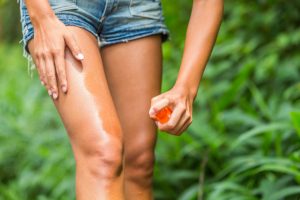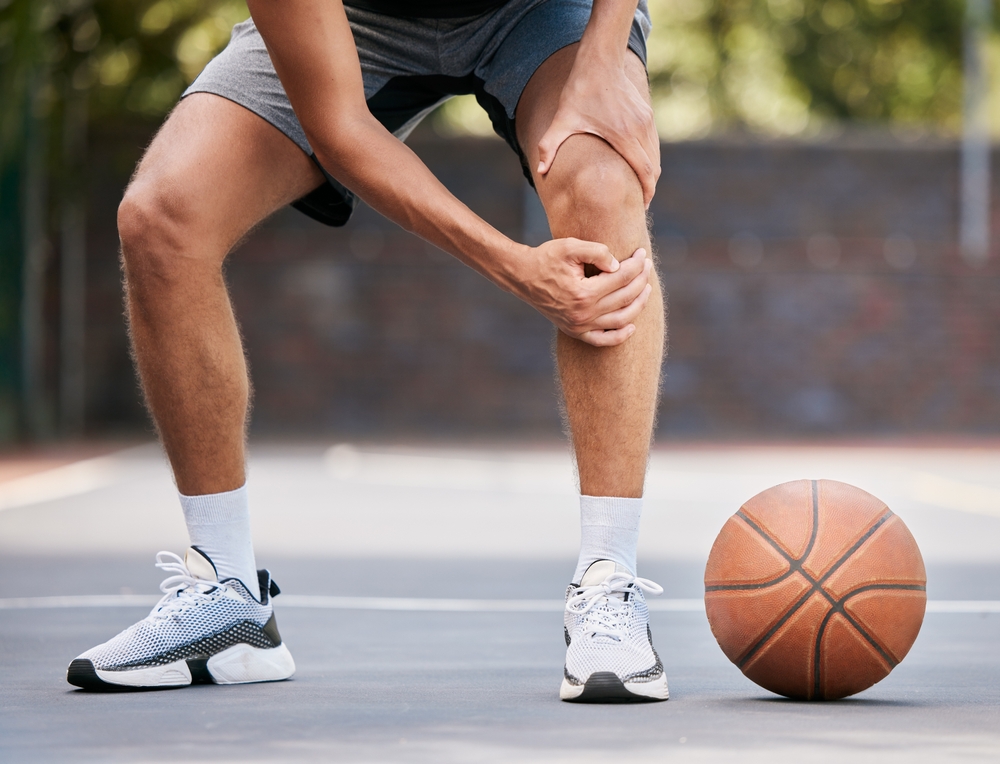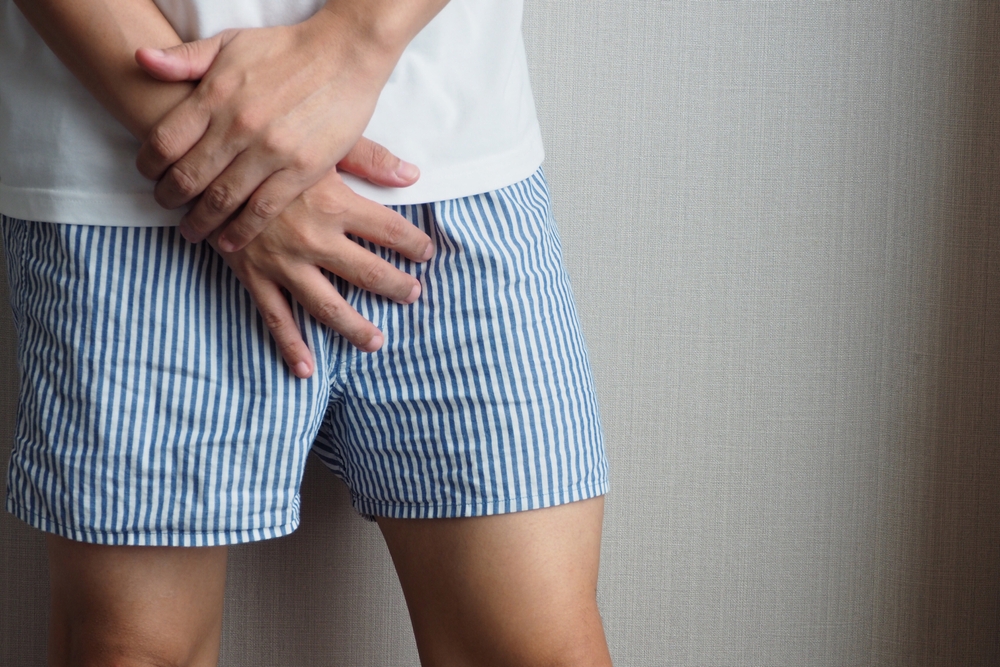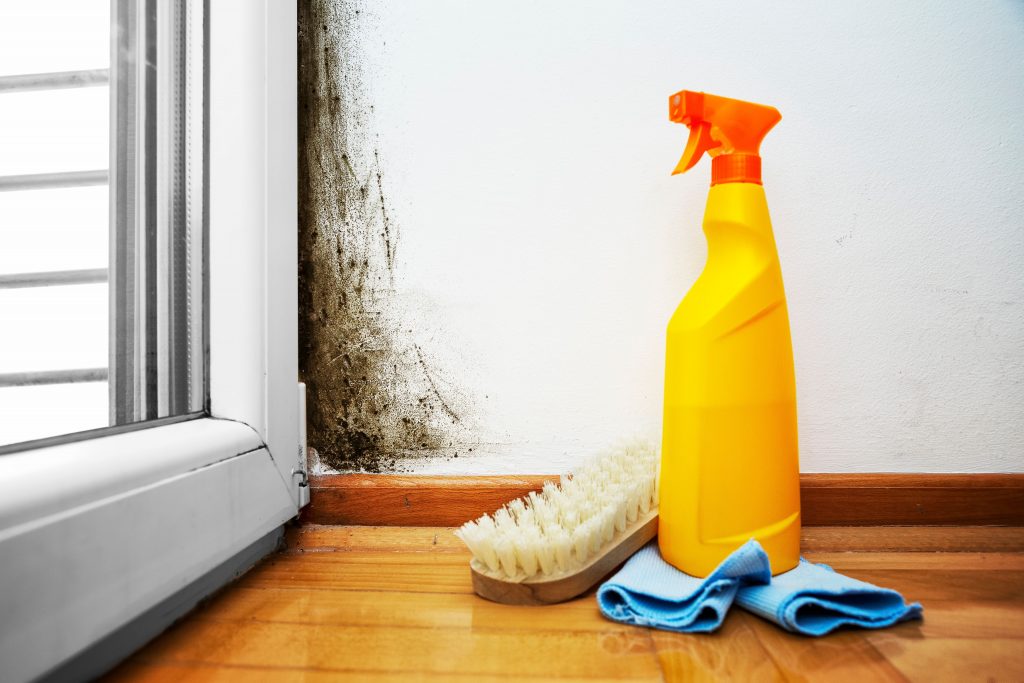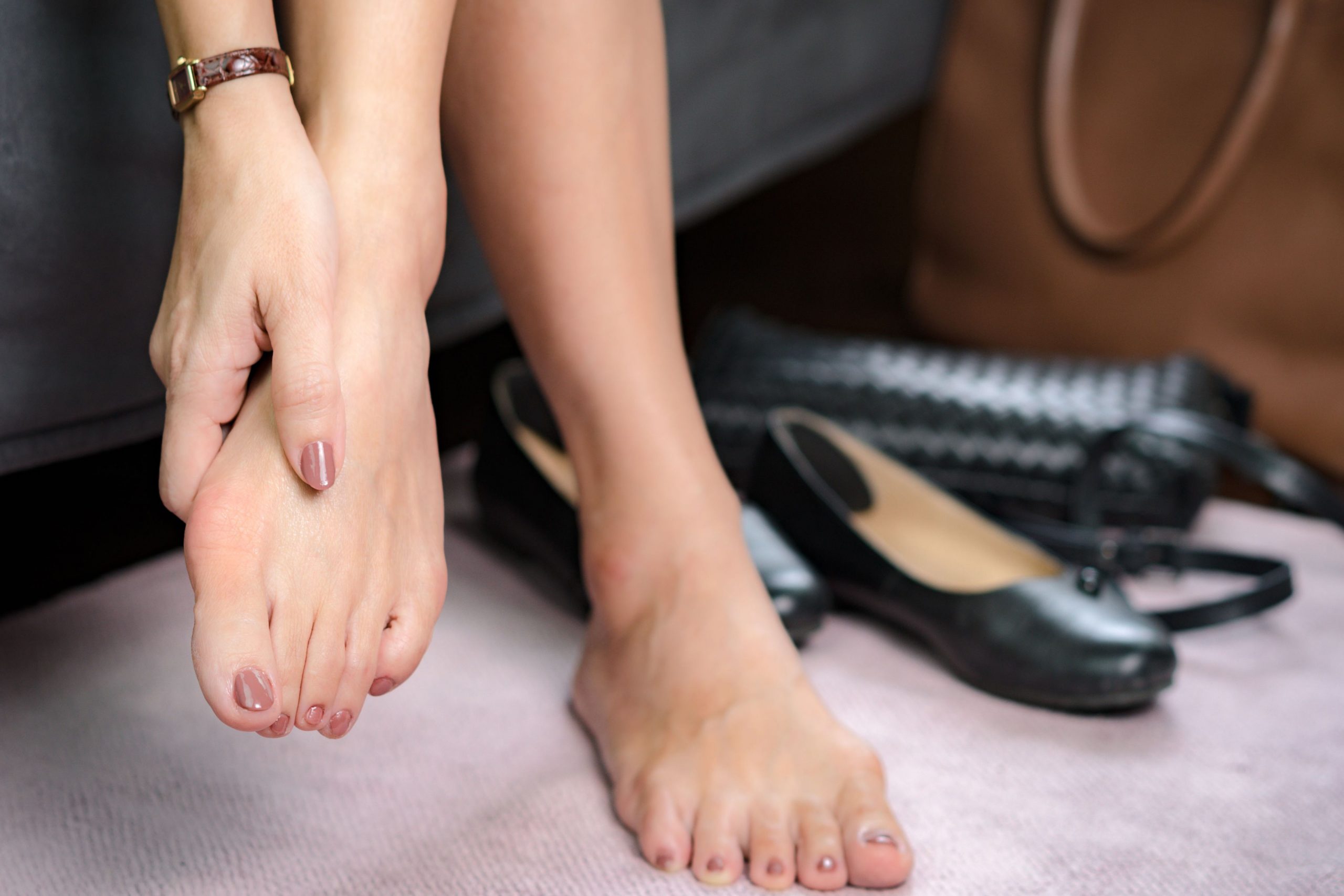Common summer health issues- a quick guide
Medically Reviewed by Dr
Last updated on 18.10.2021
Summer usually means rest and relaxation, and a chance to recharge our batteries- but it’s not always plain sailing. There are a few troublesome health issues that tend to strike more often around this time of year. Here’s a quick guide to some health problems that doctors commonly see in the summer months.
Gastroenteritis
Gastroenteritis, commonly referred to as gastro, is an infection of the intestines. It can range from a mild tummy upset to more severe diarrhoea, vomiting and cramps for several days. Most cases are caused by viruses, but eating food infected with bacteria can also cause gastroenteritis (“food poisoning”). Usually “gastro” can be managed safely at home– the main aim is to prevent dehydration. For most adults, sipping water little and often will maintain fluid intake. Rehydration drinks are available from pharmacies and can help to replace fluids and salts (electrolytes) lost through diarrhoea and vomiting. Over-the-counter anti-diarrhoea medications such may also be helpful, though are not usually necessary. However you should seek immediate immediate medical attention in certain situations:
- severe vomiting and diarrhoea
- feeling dizzy or faint
- if there’s blood in your vomit or poo
- if your poo looks very dark or black (this can mean there’s blood in it)
- severe or worsening tummy pains
- if you have travelled abroad recently, particularly to developing countries
- if gastro occurs in babies less than 6 months, the elderly, pregnant women, or anyone with a significant chronic disease or weakened immune system.
- If your symptoms are not settling – for example, vomiting for more than 2 days, or if you have diarrhoea that continues for more than 5 or 6 days
- Persistent fevers (high temperatures)
Sunburn
We all know we should avoid sunburn– but sometimes it happens accidentally, after a snooze in the sun or a long day at the beach. So, if the damage is done, what’s the best treatment?
- Anti-inflammatories (NSAIDs) may reduce inflammation and pain, especially if given early, though they won’t heal the sunburn faster.
- Other painkillers such as paracetamol may help too.
- Cold compresses or running cold running water over the affected area may ease discomfort.
- Further sun exposure should be avoided as the burn heals.
- Aloe Vera products are popular- some people find this soothing for sunburn, though there is little scientific proof that it speeds up recovery.
- Dehydration may accompany sunburn, so it’s wise to drink plenty of fluids.
- Whilst it may be tempting to try a local anaesthetic cream or gel, these can be irritating, and should be avoided. There is no evidence for using steroid creams or tablets- in fact they may increase the risk of infection in the burn.
- If the sunburn looks bad, involves quite a lot of skin or seems to be infected (leading to fever, chills, pain and pus-like discharge) the best advice is to attend a doctor r emergency department for advice, particularly in children.
- Admission to hospital can be needed if there are widespread second degree burns. A second degree burn is when the epidermis (top layer of skin) and part of the dermis (second layer of skin) are damaged. Second degree burns tend to be red, blistered, swollen, weeping and painful.
- Sometimes people may be admitted to hospital if the pain is very bad, or if there is dehydration, infection or heatstroke.
Heat exhaustion and Heatstroke
Heat stroke is when the core temperature of the body rises above 40C due to prolonged heat exposure or too much physical exertion in a hot environment. Babies, the elderly and people with significant medical conditions are at higher risk. In heat stroke, the natural chemical processes of the body stop working, which can cause damage to the brain, kidneys, liver, muscles and heart. Heat stroke is a medical emergency and requires urgent treatment.
Symptoms of heat stroke include:
- Body temperature above 40 C (104F)
- Rapid breathing and raised heart rate
- Nausea and vomiting
- The skin may feel hot and dry to the touch, and may appear flushed (however, in heatstroke brought on by strenuous exercise, the skin may feel moist)
- Headache
- Confusion, slurred speech, irritability and odd behaviour
- Seizures and loss of consciousness can happen if heatstroke is left untreated.
- In small children heat stroke can cause poor feeding, irritability and lethargy. There may also be signs of dehydration such as dry nappies, reduced tears when crying, and a more prominent dip in a baby’s fontanelle (soft spot on their head).
If you think someone is suffering from heat stroke, you should call an ambulance – they need emergency medical attention. Before medical help arrives, get the person out of the hot environment (into the shade or indoors, ideally with air-conditioning). Remove excess clothing if possible and start to cool them down with water- e.g in a cold bath or shower, by applying wet towels to the body or by spraying with a garden hose. Cool packs may be applied to the armpits, groins and back of the neck. Encourage the person to drink water or oral rehydration solution, as dehydration is usually present. Medications such as anti-inflammatories are not advised.
Mosquito bites
Most of us get a small red itchy bump when a mosquito bites us, though some people get more dramatic skin reactions. This is not caused by the bite itself, but by the reaction of the body’s immune system to the mozzie’s saliva.
Mosquitos tend to bite at dusk or dawn and are more common in warm, humid or tropical conditions. Some factors seem to increase the chances of being bitten in the first place, including
- male gender
- obesity
- recent exercise
- pregnancy
- having type O blood
- if you’ve recently drunk beer
- wearing dark colours may also increase the chances, as darker colours retain more heat and may attract the mozzies.
The good news is that most people get less sensitive to mozzie bites the more they get bitten over time. Prevention is obviously the best option
- wearing loose long-sleeved light-coloured clothing if outdoors at dusk or dawn
- using insect repellent spray
- when staying in high risk areas, sleeping under a mosquito net should help (this can be pre-soaked in insect repellent)
- lighting citronella candles
- don’t leave stagnant water lying around in outdoor areas, for example at the base of flower pots or in bird-baths- mozzies reproduce in still water.
Best treatment for mozzie bites
If you do get bitten, try not to scratch the area. An antihistamine may help the itch. Topical treatments such as calamine lotion, local anaesthetic cream or mid steroid creams are available in the pharmacy and may give relief.
You should see a doctor in certain situations- e.g. if the redness around the lesion is spreading dramatically, if you develop a fever, if the lesions become painful, tender or start to form blisters, or if you feel generally unwell. If bites become infected, antibiotics may be needed.
ACL injuries & tears
ACL injuries & tears The knee has two ligaments inside the joint, that stabilise it when we are moving forwards or backwards. These are called the anterior and posterior cruciate ligaments. The anterior cruciate [...]
What is a fractured penis?
What is a fractured penis? Although the penis doesn’t have a bone in it, it can be fractured! A fractured penis occurs when the spongy tissue that swells during [...]
Could your home be causing asthma and allergies?
Could your home be causing your Asthma? Overview Our homes are not just a roof over our heads- they play a key role in our health, particularly when it [...]
How to fix an ingrown toenail
How to get rid of an ingrown toenail What is an ingrown toenail? Ingrown toenail is an extremely common condition which occurs when the inner or outer side of [...]
On a vegan diet?- some important things you should know
Vegan diet- a beginner's guide What is a vegan diet? A vegan diet, also known as plant-based, describes one that avoids any animal products. There are many subtypes of [...]
How to get rid of Jock Itch
How to get rid of Jock Itch What is Jock Itch? Jock Itch is a common name for the medical condition also known as "Tinea Cruris". Jock Itch is [...]



